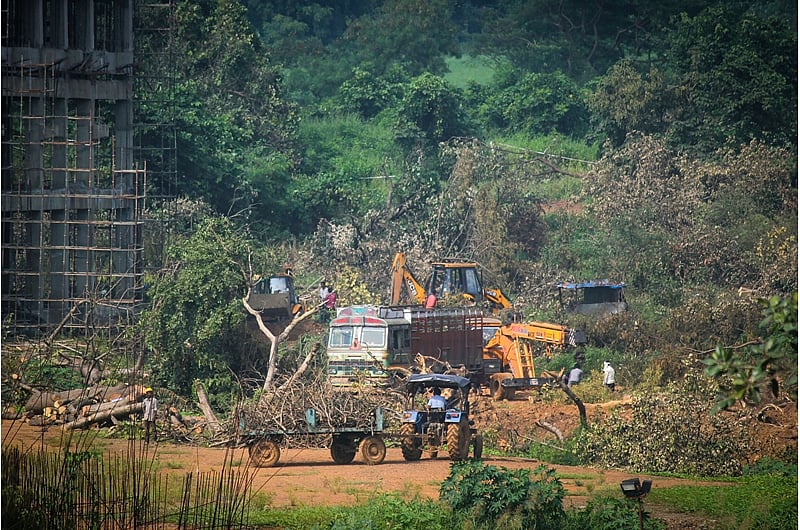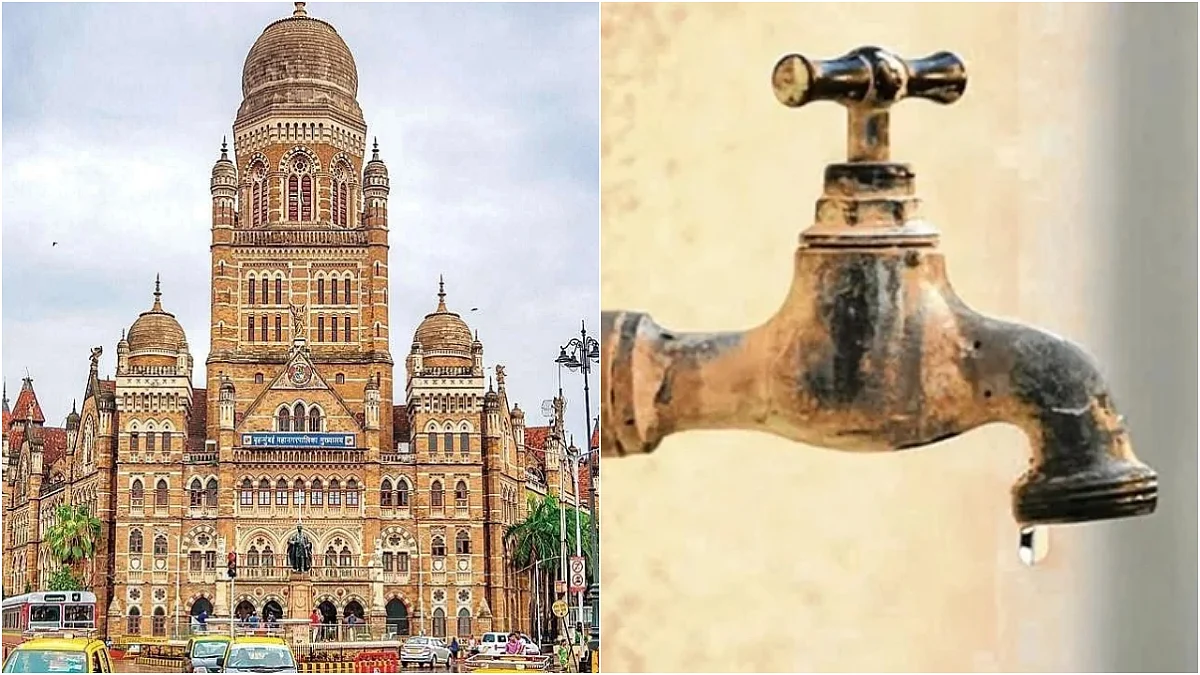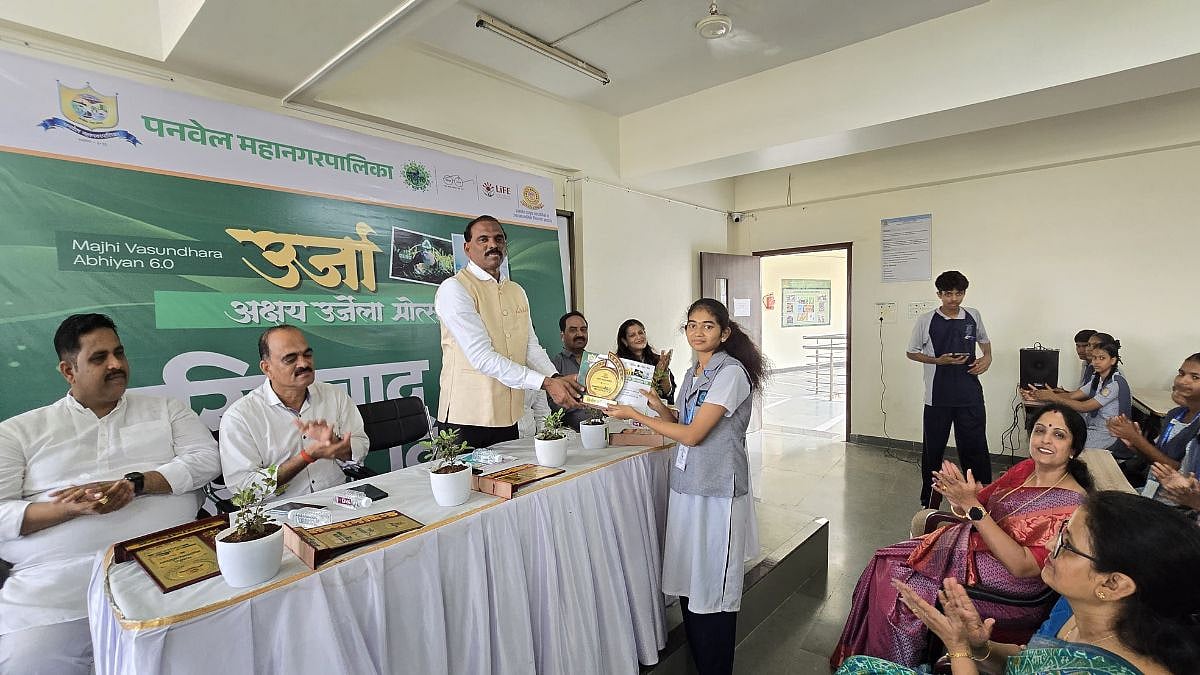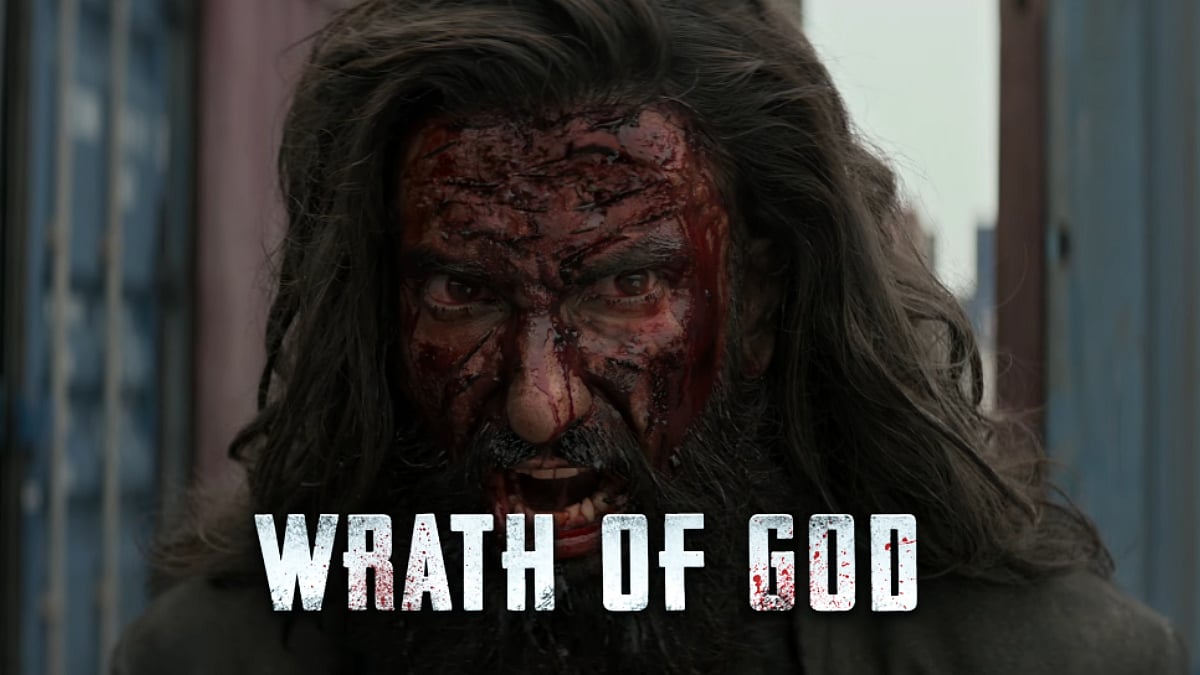What has happened, has happened in Aarey’ is a phrase that’s all very well for those who hang up their gloves and shrug their shoulders after a perceived defeat in the face of the rolling red tape juggernaut backed by babu-dom.
If those among us benevolently and realistically thought that there would be a fair fighting chance, well, we’ve all seen the cold, hard reality that’s shafted collective noble intentions.
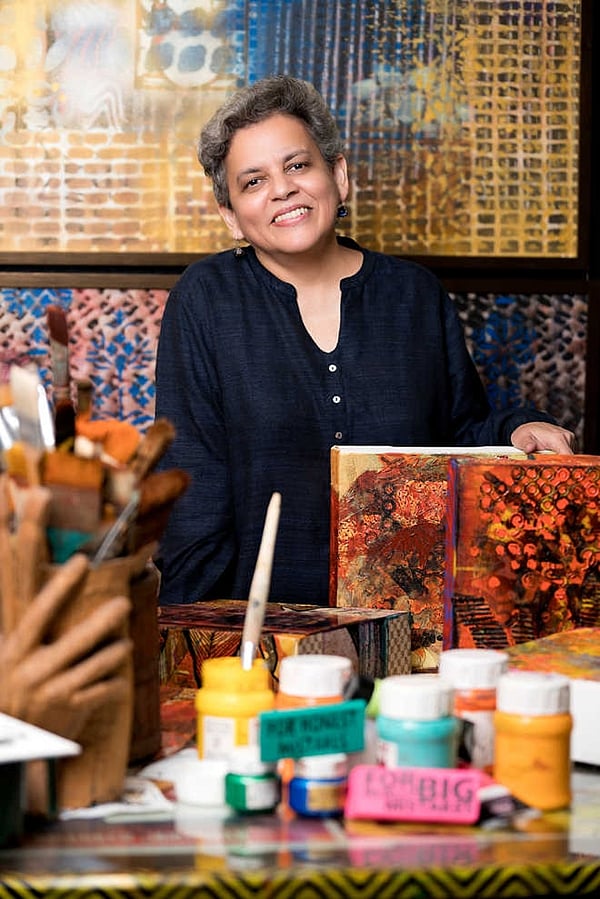
Brinda Miller |
Every bit of reportage we’ve read on this tenuous subject, taps into strong opinions. Granted, this is a subject that has polarised public and private opinion.
From a ‘framework perspective’, we can approach most issues with what in economic theory is known as a ‘scarcity mindset’ or an ‘abundance mindset’. Some folk prefer the abundance mindset because the end result is a net-to-net human benefit. For example, you have to sacrifice something to gain something.

Elnaaz Nourozi |
Even in a start-up business, one has to reinvest half one’s profits right back into the churn. However, Aarey is a subject that is more than just a talking point about a profit-and-loss mechanism; it’s about an ecosystem.
Assuming that the location chosen for the felling is the best location and assuming that the court did a fair job in assessing that location, and now that the cutting has been done, let's have a plan, a concrete plan, to offset the loss.
Therefore, the net carbon footprint of the Metro, when it is up and running, combined with the affirmative action of planting more trees will hopefully be beneficial and will efficiently fulfil the daily transport needs of passengers. Therein however lies the onus of affirmative action and the responsibility on the authorities; to ensure that this happens.
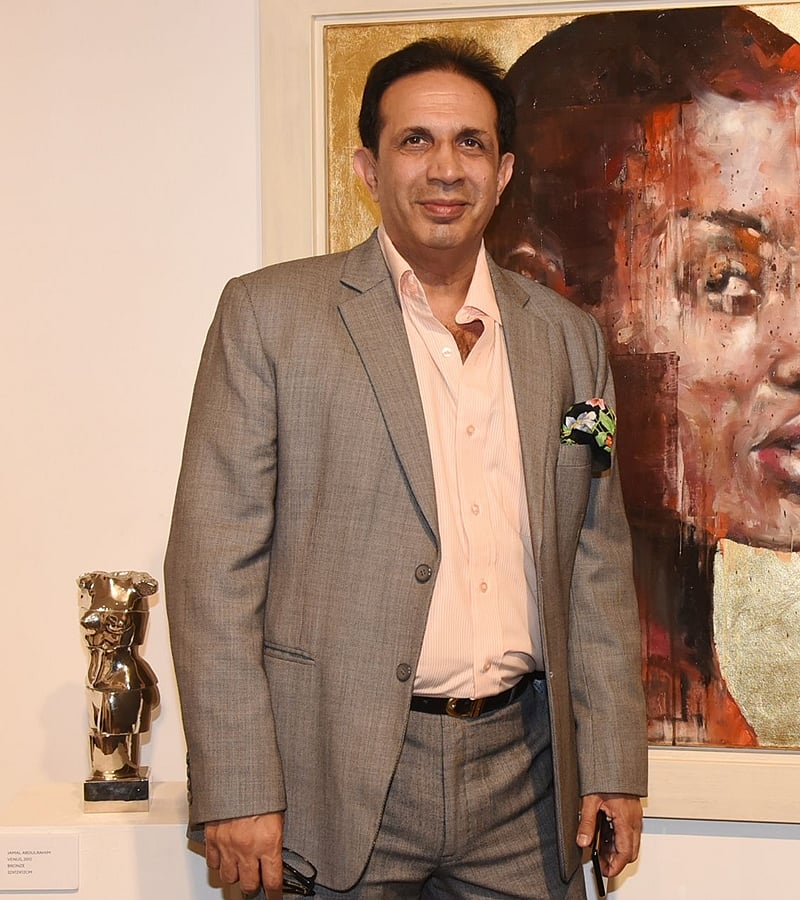
Parvez Damani |
Reactions are understandably visceral and unfiltered. “As someone who has been residing in Mumbai for five years, I hope there will be public willingness to be inconvenienced for the sake of sustainability. Yes, without a doubt we must rely on appointed officials to follow through the court order, but the public should be vigilant too.
Chopping trees doesn't make the problem of the crowded trains go away. It's like putting a band-aid on a deep cut. The imbalance in nature has been tipping in the favour of humans for far too long. It’s high time that we align our priorities and correct it,” says Elnaaz Norouzi of Sacred Games fame.
While such views are not lost on anyone, they merely scratch the surface. As a reflection on human nature, mediaperson Bodhisattva Maity opines, “Us humans are cancer on Mother Earth.
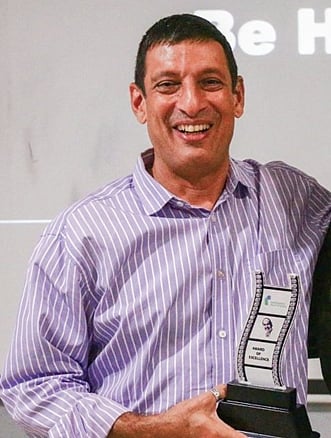
Parvez Damania |
What sets us apart from every other living creature is our insatiable greed and ability and love for gratuitous violence. But we’re also incredibly short-sighted. So we will hasten our own doom by destroying everything life-giving on this planet. Aarey is just a small symptom of this wider malaise.”
An important viewpoint and one that is oft-overlooked is that - call it the ‘chalta hai’ attitude, only a precious few seek accountability. “This word ‘development’ has been coming out of our ears for a while now. However, how can one explain the ramshackle nature of the city? It needs to be seen how this spoken word translates into action.
The government must realise that nature is not a commodity that is in their pocket. Imposing Section 144, treating individual people like vermin and scum is not what happens in a democracy. Now that what is done has been done, if the promised panacea for the city‘s transport woes is not addressed within a time frame, the officials behind this should be summarily sacked,” shares Faredoon Bhujwalla, who has been very outspoken about this issue as well as an active footsoldier during the protests.
‘Development’ is a word we often hear these days. We need to strike a perfect balance between development and environment for the survival of the human race. The officials in charge have not given us a timeline or a contingency plan in case their plan is interrupted by acts of nature. This is inexcusable.
As a citizen who shells out a bevy of taxes, I’m sure I speak on behalf of many who would like to see the Metro as the pride in the city, but at the same time, a sense of 'what lies ahead?” says entrepreneur Parvez Damania.
This view of the apple-to-apple benefit ratio is shared by artist and naturalist Brinda Miller. “I agree that we need a Metro station in the area but not at the cost of felling trees - why not find a clear area for this? How do they get away with this ‘murder’? I am the best friend of all the trees - the authorities should be more sensitive to these issues - they have become ‘bulldozers’ of sorts.
Let’s see if they do plant the promised number of trees to compensate for this loss though the damage is already done. Makes me very sad indeed. My father always supported the planting of trees by distributing saplings free of cost.”
Mumbai-based surgeon Dr Rajeev Rajan feels that what happened in Aarey is evidence of a systemic malaise. In this case, officials innately feel that they could get away with something as blatant as this because they know that the public will not really react that much, except for a precious handful few.
“Citizen awareness is woefully lacking in a 'primitive' society such as ours. People can be selfish and self-centred. India was intrinsically a conglomeration of small countries, which was used to being administered by foreign rule and subjugation where we accepted what was dished out.
There is scant ‘Indianness’ or ‘Indianhood’ around these days in the true sense of the terms. Agreed that the post-Independence generation like mine, think Indian but it will take a few decades for the rest to achieve something akin to the American ethos.
An impractical concept of a one-directional state cannot be a solution. India will Balkanise sooner or later. And this will be precipitated unless citizens don’t demand accountability,” he says.
However, the matter comes down to the fact, that this is only and only about the environment. “There are some people trying to make this a political issue which it's not.
Instead of population control or building more sustainable options or banning plastic or educating people about the climate change emergency, we are cutting down/burning of existing forests are left for making more concrete. The Amazon fire was so severe, its aftermath is still spreading. Aarey is just the beginning of the end of what we enjoyed as kids, our earth.
People need to be educated and made conscious of saving and protecting our environment. It is an ongoing war with the government and MNCs, but we have to fight it or we don’t have a future left for the next generation,” concludes actress Esha Gupta.
